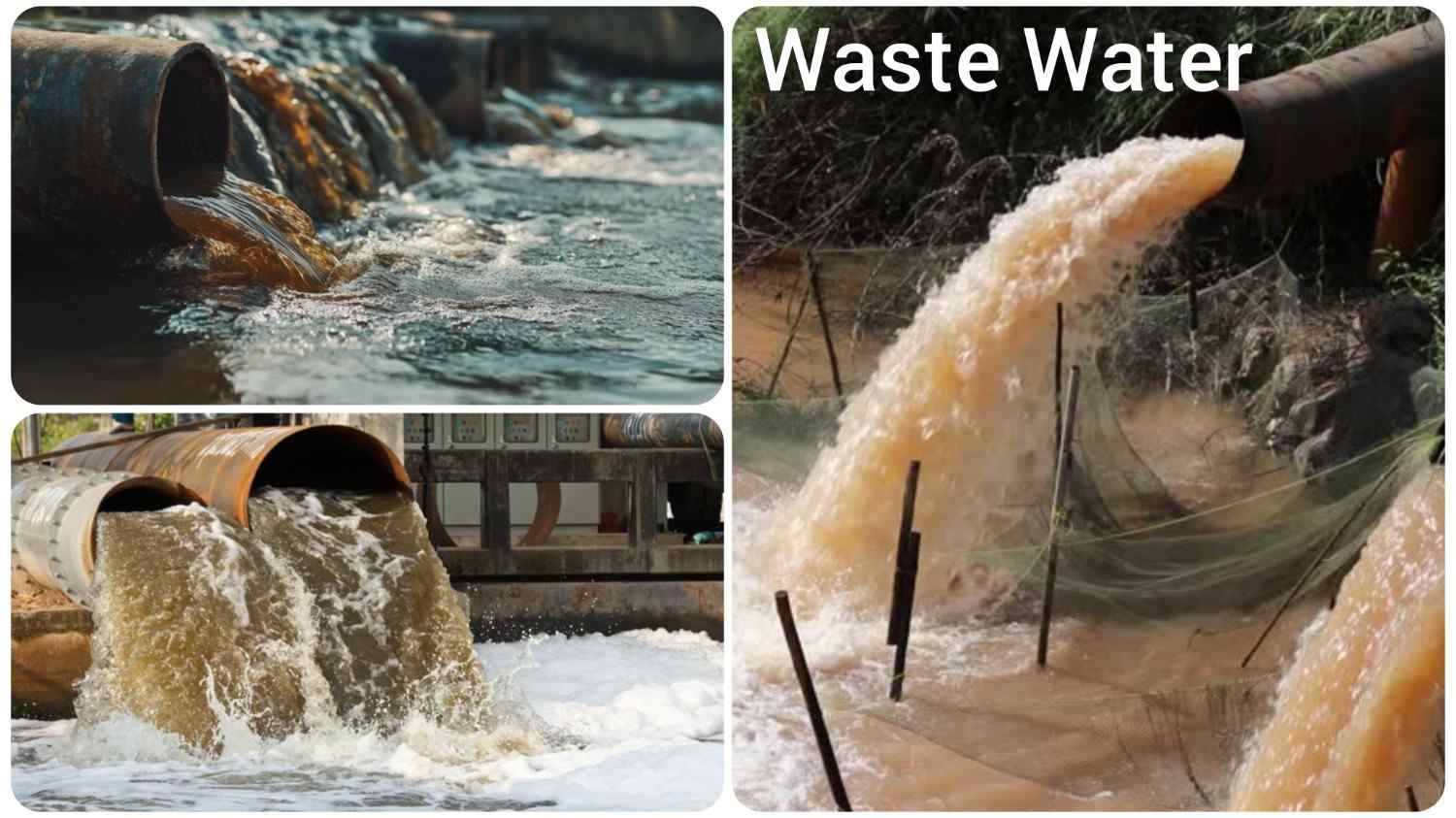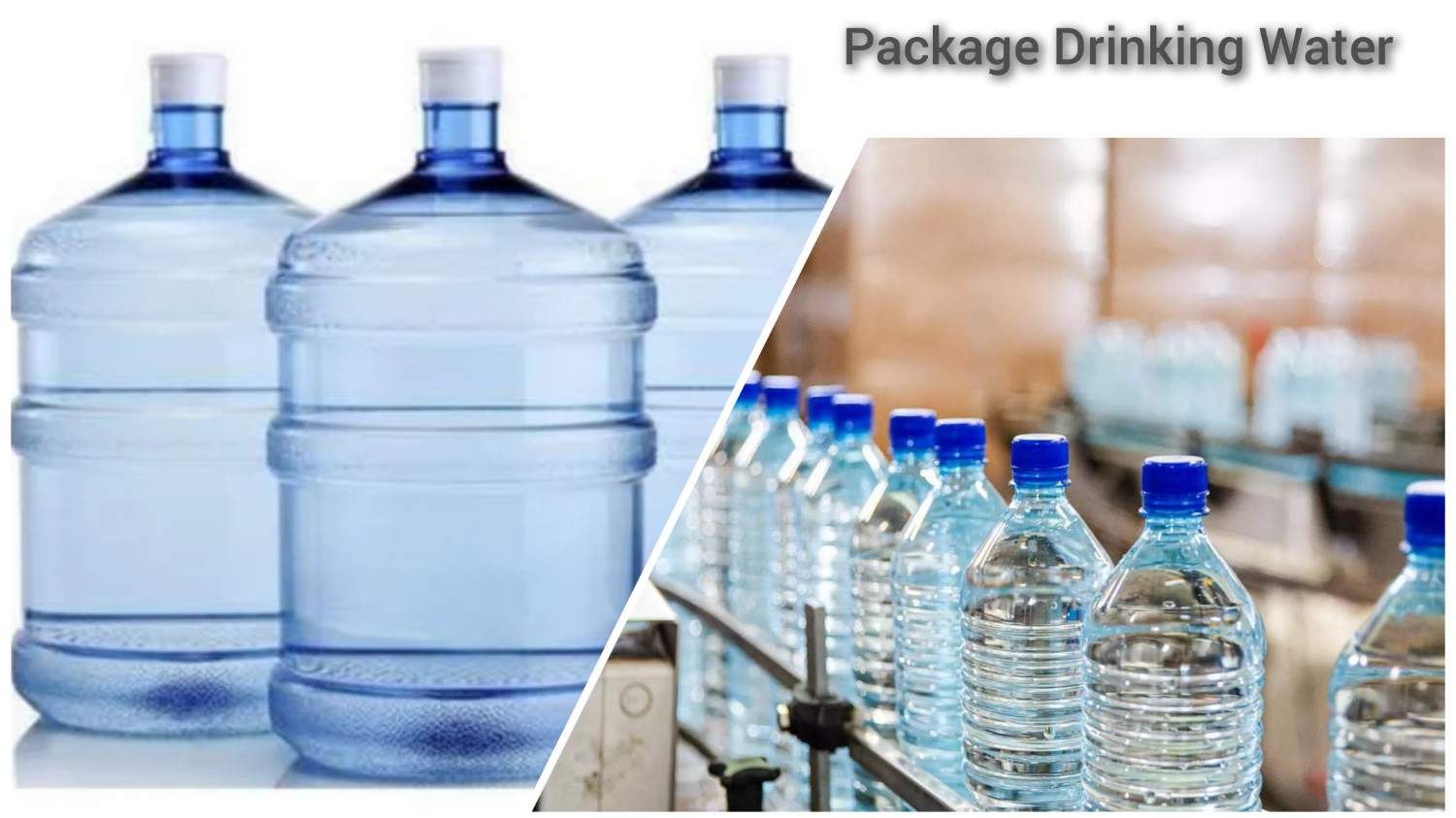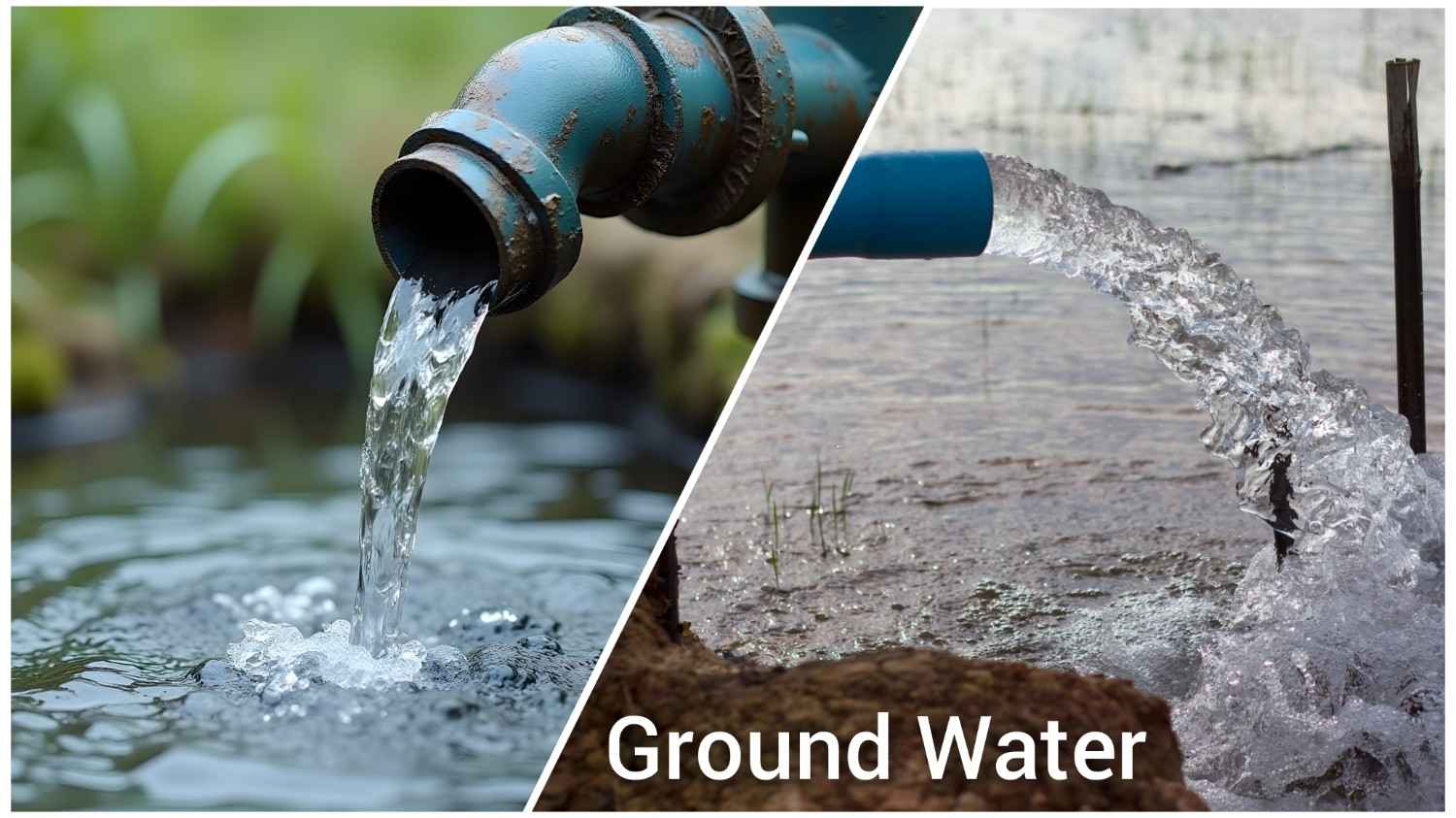


Water
Why water and waste water testing importance?
Water and wastewater testing are crucial for several reasons, ensuring the safety, health, and sustainability of both the environment and human populations. Here’s a breakdown of their importance:
- Public Health and Safety
- Prevention of Waterborne Diseases: Testing helps identify harmful microorganisms, pathogens (like bacteria, viruses, and parasites), and other contaminants that can cause diseases such as cholera, dysentery, and typhoid. Ensuring clean drinking water is vital for preventing these health risks.
- Toxin and Chemical Detection: Industrial discharge, agricultural runoff, and urban pollutants can introduce harmful chemicals like heavy metals, pesticides, and pharmaceuticals into the water. Testing ensures that the water is free from these hazardous substances.
- Environmental Protection
- Protecting Aquatic Life: Water quality testing helps ensure that water bodies maintain the necessary conditions for aquatic ecosystems. Pollutants can cause oxygen depletion, disrupt ecosystems, or lead to algal blooms that suffocate marine life.
- Maintaining Ecosystem Balance: Monitoring parameters like pH, temperature, and turbidity ensures that water bodies support healthy biodiversity and remain suitable for plant and animal life.
- Compliance with Regulations
- Adherence to Standards: Many countries and regions have strict environmental regulations that set acceptable water quality limits (e.g., the U.S. EPA standards, WHO guidelines). Regular testing ensures compliance with these standards, avoiding legal issues and penalties for industries or municipalities.
- Wastewater Treatment: Testing helps verify that wastewater treatment processes are effective and that treated water is safe for disposal into the environment or for reuse. This is critical in reducing pollution levels.
- Operational Efficiency in Water Treatment Plants
- Monitoring Treatment Processes: Water testing allows for real-time monitoring of the efficiency of treatment processes. Adjustments can be made to ensure that chemicals (like chlorine or coagulants) are applied correctly, improving the overall efficiency and safety of water purification.
- Optimizing Resource Use: Proper testing can help reduce the overuse of chemicals or unnecessary energy consumption by identifying the most efficient treatment methods.
- Preventing Water Pollution
- Early Detection of Contaminants: Regular testing of both water sources and wastewater can provide early warning signs of pollution, allowing quick intervention to prevent or reduce environmental damage.
- Tracking Pollutant Sources: Testing helps identify pollution sources (e.g., industrial effluents or runoff from agricultural areas), which is essential for targeted mitigation strategies.
- Sustainability and Reuse
- Water Recycling and Reuse: As water scarcity becomes an increasing concern, many communities and industries are focusing on wastewater recycling. Testing ensures that reused water, whether for irrigation, industrial purposes, or even potable use, meets safety standards.
- Sustainable Practices: Monitoring wastewater can encourage more sustainable practices by industries and local governments, promoting responsible water management.
- Consumer Confidence
- Transparency and Trust: Routine water testing ensures that consumers can trust the water they drink, cook with, or bathe in. Regular public reporting on water quality helps build confidence in water utilities and reduces concerns about contamination.
Conclusion
In summary, water and wastewater testing is essential for safeguarding public health, ensuring environmental protection, complying with regulations, and promoting sustainability. It plays a pivotal role in ensuring that water resources are used responsibly and that potential risks are identified and mitigated before they can cause harm.
Our Facilities :
Chemical Parameters:
- Color
- Odour
- pH Value
- Taste
- Turbidity
- Total dissolved solids
- Total suspended solids
- Total alkalinity as calcium
- carbonate
- Total Hardness
- Calcium
- Iron
- Magnisium
- Nitrogen
Chemical Contamination:
- Pesticide Residue
Submit Your Query for Testing
